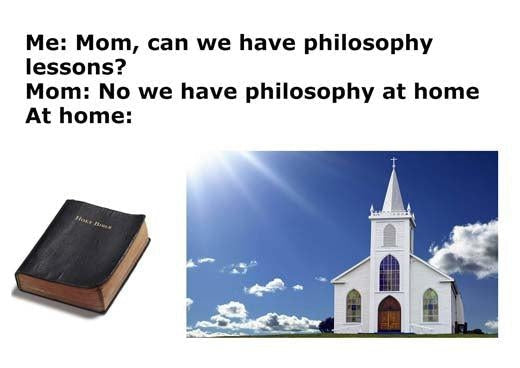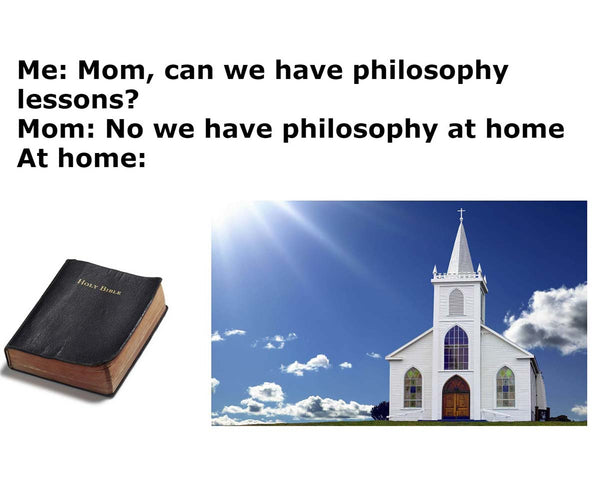

· By Markus Uehleke
Challenging Dogmatism: Exploring the Impact of Cartesian Doubt

Cartesian doubt (also Methodical doubt) refers to a procedure used by René Descartes in his Meditations on First Philosophy (Meditationes de prima philosophia). Its intention is to question the authenticity of knowledge and belief systems, aiming to establish a firm foundation for acquiring certainty and truth. Descartes believed that by doubting everything that could be doubted, he could find undeniable truths upon which knowledge can be built. Effectively, his method became a fundamental cornerstone of Western philosophy.
Descartes proposed a radical approach to doubt, questioning even our most basic beliefs. He argued that we should doubt everything that is susceptible to any uncertainty or error. By suspending judgment on all questionable beliefs, Descartes aimed to reach a state of absolute certainty that would serve as an unshakable foundation for acquiring genuine knowledge.
Descartes thus used practical skepticism as a powerful tool in the search for truth. This skepticism allowed him to challenge commonly accepted beliefs and examine them critically. By subjecting his own beliefs to doubt, Descartes aimed to eliminate any false or uncertain knowledge, paving the way for clear and distinct truths.
One of the most famous conclusions that Descartes drew from his method of Cartesian doubt is the famous phrase, "Cogito, ergo sum," or "I think, therefore I am." By doubting everything, Descartes was left only with the certainty that he was doubting, which indicated that there must be a thinking entity - his own mind - that exists. This philosophical statement has become a cornerstone in the study of metaphysics and personal identity.
In fact, the concept of Cartesian doubt has far-reaching implications beyond philosophy and the statement "Cogito, ergo sum". It has influenced various fields, including science, by emphasizing the need for rigorous questioning and skepticism. Think of Karl Popper's principle of falsification for example. Cartesian doubt also challenges us to critically evaluate our beliefs and assumptions, encouraging a more thoughtful and informed approach to acquiring knowledge.
Cartesian doubt can serve as an assault on dogmatism, which refers to the acceptance of certain beliefs as absolute and unquestionable. By employing skepticism as a methodological tool, Descartes challenges the prevailing dogmatic views that permeated various aspects of society during his time. The method ultimately encourages individuals to critically examine their dogmatic beliefs, questioning their validity and searching for more secure foundations for knowledge. Descartes uses a figurative paraphrase for this: if he finds a rotten apple in a basket full of apples, he will set about checking the other apples for damage as well, and to do this he will take each one out of the basket and only put it back if it passes the quality control. This is also what we should do with our convictions now and then if we want to be critical thinkers or even skeptics.
The concept of Cartesian doubt posed significant challenges to the traditional authority and dogmatic teachings of the Church during Descartes' era. By encouraging individuals to subject their beliefs to rigorous doubt, Descartes undermined the unquestioned authority of the Church and its teachings. The Church, being an institution deeply rooted in dogmatism, found Descartes' skepticism unsettling, as it called into question the established doctrines held dear for centuries. Descartes' method encouraged individuals to doubt not only their sensory perceptions but also their religious beliefs. This conflict arose due to the inherent tension between faith, which demands unquestioning belief, and skepticism, which advocates doubt and inquiry as a path to truth.
Cartesian doubt emerged at a time when the Church was still grappling with the Galileo controversy. Galileo's scientific discoveries challenged the dogmatic Aristotelian view of the cosmos, and the Church vehemently opposed these ideas. Descartes, by promoting skepticism and encouraging individuals to question established beliefs, added another layer of turmoil to an already tense situation.
The Catholic Church, in response to Cartesian doubt and its potential challenges to religious dogma, attempted to suppress Descartes' works and ideas. The Inquisition, responsible for censoring and condemning materials deemed heretical, placed Descartes' works on the "Index of Prohibited Books." The Church saw Cartesian doubt as a threat to its authority and sought to maintain its control over the faithful.
Now just think that there are still banned books and dogmatic teachings based solely on authorities and history. It might become obvious that Descartes' method still has practical relevance today.
So, you've just finished reading the funniest and most enlightening blog article ever written (we simply like exaggerations). Your mind is blown, your sides ache from laughing, and you would like to enjoy this experience regularly. Here's the kicker: you can simply subscribe to our free memesletter to get just such memes and their explanation delivered to your inbox on a weekly basis. Simply sign up at the bottom of this page!
Additionally you realize that you absolutely need some merch to commemorate this momentous occasion. Well, lucky for you, we've got the perfect selection of witty t-shirts, hilarious mugs, and sassy stickers that will forever remind you of that time you read that incredible blog post. And here's the cherry on top - use the promo code "BLOGREADER" at checkout to get a whopping 15% off your entire order! It's like getting a discount on instant joy and everlasting awesomeness. So go ahead and snag some swag, my friend. You deserve it.










